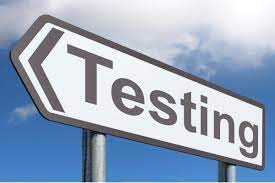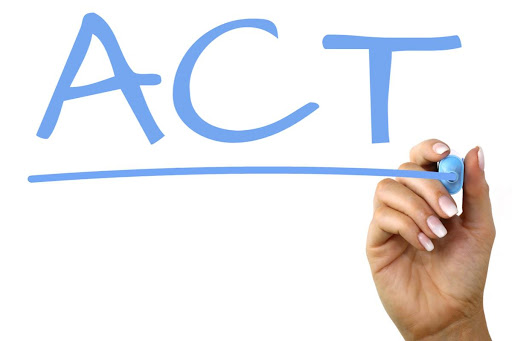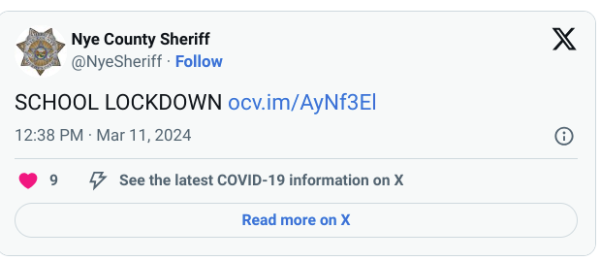Everyone Dreads The ACT
The standardized test that no junior looks forward to taking.

The ACT is short for American College Test, and it evaluates students’ abilities based on what they have learned while being in school. Colleges use this score to decide if you will be a good fit for the program that you are entering. Not only do they use your ACT score, but they also look at your transcript and grades during high school. You will take this test during your junior year of high school and you will go to school on March 7th where no one else but juniors will be there. The test will take place in a classroom that you have been assigned to. The test is four hours long, and you will be tested on different subjects. You will also have a time limit on the test. This means that even if you don’t complete your test, you will still have to turn it in when time is up. Don’t forget to mark any boxes that you haven’t completed yet before time is up, the ACT does not count wrong answers against you.
There are 215 questions total on the ACT, but they are split up per their category. English has 75 multiple-choice questions, and you have 45 minutes to complete those questions. The writing portion of the exam is one prompt and you have 40 minutes. The writing essay is not optional, and if you don’t complete it in time, it may result in an invalid score. In math, you will have 60 questions. This section will need to be completed within 60 minutes. Reading is 40 questions and you will have 35 minutes. Science is 40 questions and you will have 35 minutes. 
You have a score for each subject, math, English, reading, and science. Then, you get an overall score. The scale ranges from 1-36 for each category and your overall. Your overall score is based on all of the categories averaged together. The higher you score, the better your chances of getting into a university or college. All four-year colleges and universities require an ACT score. In 2022, the average overall ACT score was 19.8 nationwide. Colleges like Harvard, Yale, Duke, and Vanderbilt all require ACT scores of 34 or higher.
Let’s face it, most people won’t achieve that high of a score or attend universities ranked that high. Don’t freak out though, there are plenty of other colleges that don’t depend upon an ACT score. For example, Chicago State University, Adams State University, Rhode Island College, and Notre Dame College all take students with ACT scores of 18 or higher. However, colleges in America have been flexible with their requirements for acceptance. Two-year colleges and trade schools usually don’t require your ACT scores, just a high school diploma or GED. Schools like UNLV require an ACT of 22, and UNR is 21. 
The ACT can pile large amounts of stress on students. Studying for months ahead of time can make you feel more prepared for the big day. Most schools offer ACT boot camps, they will usually take a practice test and provide you with feedback as well as answer any questions you may have about the test. I spoke with senior Lynnly Jackson who took the ACT last year. I asked if there was any advice she would like to share with students who will be taking the test. She stated, “ anyone preparing for the ACT should get a lot of rest the night before, and don’t stress about things will taking it.” A nutritious breakfast on the morning of your test will also be very beneficial.
Most students get their results back after 2 weeks, but some scores can take up to 8 weeks to receive. Most importantly, if you don’t get the desired results on your test, you can always retake it in the future.

















